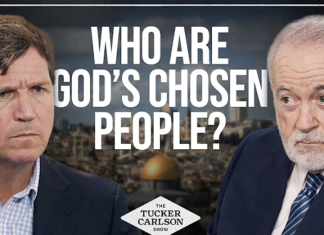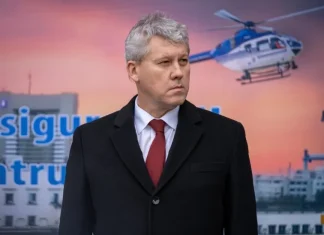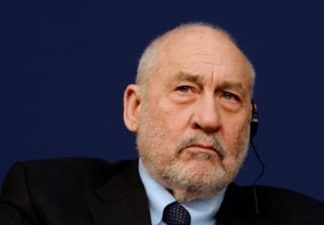Author: Cozmin Gușă
Yesterday, Donald Trump publicly reported the conclusions of his phone call with Vladimir Putin, a conversation related to the war in Ukraine, which risks expanding due to the various interventions undertaken by certain European countries. Trump said: “It was a good conversation, but not one that will lead to immediate peace. President Putin said, very firmly, that he will have to respond to the recent attack on the airfields.” Let me translate that for you: from the Americans’ side, it’s clear that the Russians have the green light for any reprisals. It’s also clear that the Ukrainians can’t resist these attacks, they lack the necessary military capability, and the Europeans can’t help either, since they themselves have military capacities much weaker than Russia’s and would be risking their own countries. Trump, however, also indirectly confirmed that he personally did not give approval for the Ukrainian attack on Russia, because otherwise he would have taken a different stance in his dialogue with Putin. But that’s exactly how we now understand the colossal intimidation power of the Russians: when even the leader of the country with the most powerful army in the world, the USA, cannot oppose the imminent reprisals announced by Putin.
Also yesterday, Trump received newly appointed Chancellor Friedrich Merz at the White House in a meeting that was supposed to lead to a declaration of American support for EU countries, namely Germany and France, who are involved declaratively and logistically in favor of Ukraine and against Russia. The result was a disaster for Merz, clearly mocked and practically cornered, as Trump told him the US would not get involved on the EU’s side against Russia — and along this line, if America is out, NATO doesn’t amount to much either; I’ve demonstrated several times the clear superiority of Russia’s military potential and arsenal over that of the Europeans. Of course, Trump masked his refusal with a little joke, saying that the two Vladimirs, Putin and Zelensky, hate each other and compared their actions to a fight between two kids in a park, then added that a timeline for US intervention in the Ukrainian war exists only in his mind. Thus, the American leader essentially shut down the conversation at this point, leaving the German chancellor perplexed. So we return to the conclusion I presented last Monday: the attacks ordered by Zelensky inside Russian territory, damaging parts of Russia’s nuclear infrastructure, were an inappropriate and irresponsible action, orchestrated, as is now obvious, in the Franco-German control room.
What is predictable from this point forward? Scenario 1: Putin and his people will proceed with harsh and proportional reprisals; there are several hypotheses about their scale and targets. One is, however, excluded: a Russian nuclear strike. I presented these hypotheses in more detail in the editorial analyzing Vladimir Putin’s thinking. The brave Europeans who sent “ZeleVogue” to war will respond only with declarations after the reprisals. Any other military-type intention is a losing adventure without US support. Thus, the Europeans will once again anxiously observe the expansion of a war whose peace negotiations they themselves continue to block. They might even say they’ll impose new economic sanctions on Russia, but who will take them seriously after the previous sanctions led to a revival of the Russian economy? In this scenario, we will thus witness massive damage and, God forbid, more Ukrainian casualties, but also a more feared and radicalized Russia.
Scenario 2: This considers the geopolitical chessmaster nature of Putin and his people, and envisions that, under the threat of imminent reprisals, a defenseless Zelensky will feel compelled to sit quickly at the peace negotiating table — but this time, on Putin’s tightened terms. This may also be the real reason the Russians are delaying their retaliatory strikes. They are betting that Ukraine’s situation — with no support and no way out — may lead to a possible capitulation, or at least generate such a weakening of Zelensky’s internal position that he could be toppled in the face of the country’s destruction. This is the scenario awaited by pacifists seeking to end the war and kickstart the actual implementation of the new world order through massive business projects. At the top of the list is China’s Xi Jinping, but even Trump needs peace in order to lift America out of the deep economic crisis it could further sink into. His public quarrel yesterday with Elon Musk is by no means a squabble between two former lovers, but rather a sharp, calculated pressure from the military-industrial complex that controls the Tesla billionaire’s moves. So the clock is ticking for Trump too, but it’s ticking even more threateningly for the EU, which is the weakest economically, and whose leaders foolishly believed they could cover up economic disaster with the noise of an expanded Ukrainian war. The “kids” supposedly gouging each other’s eyes out in the park that Trump mentioned are, in fact: Ursula, Macron, Merz, Zelensky, their Romanian nephew Nicușor, and others, whose “parents” from the Rothschild family now appear even more responsible.











